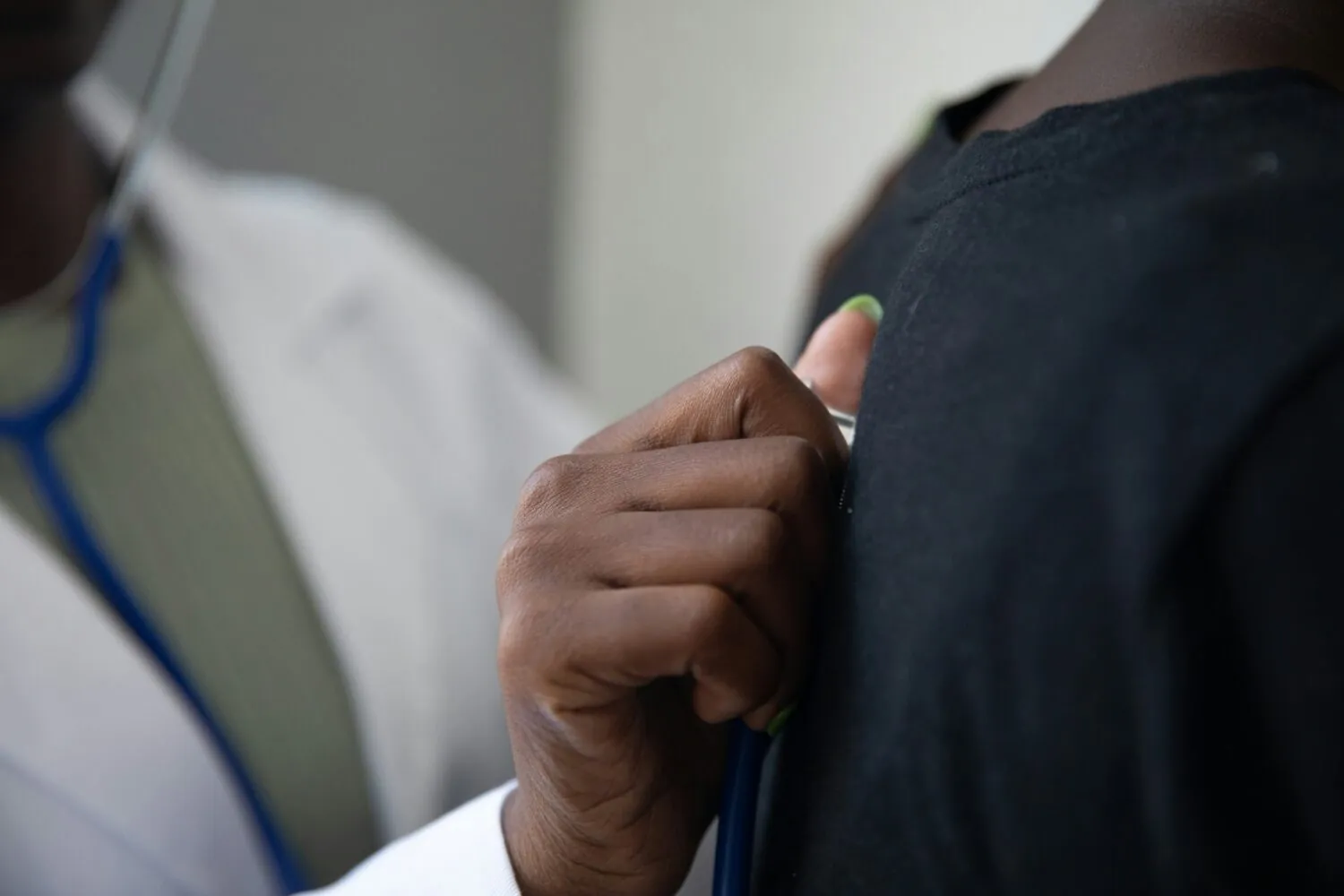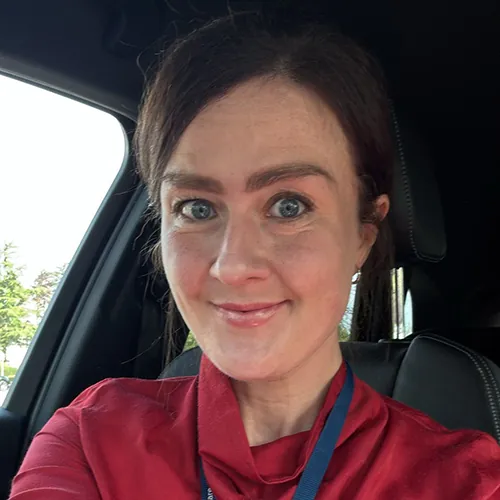The Doctors’ Association UK (DAUK) co-chair Dr Matt Kneale has welcomed a decision by the House of Lords to send plans for the regulation of non-doctors to the main chamber for proper scrutiny.
The move follows pressure from DAUK and other organisations to oppose the legislation for the regulation of physician associates (PAs) and anaesthesia associates (AAs) by the General Medical Council (GMC).
DAUK yesterday called for a motion of regret when the Draft Anaesthesia Associates and Physician Associates Order 2024 next goes before the House of Lords.
Now the Order is being drawn to the special attention of the House of Lords, ‘on the ground that it is politically or legally important or gives rise to issues of public policy likely to be of interest to the House’.
Dr Kneale said: “We welcome and are grateful for the intervention, which means this legislation will no longer pass quickly in a small chamber and will have a full debate in the House of Lords.
“We’ve been saying all along that legislation that will fundamentally change patient care in the NHS to the detriment of the public should be properly debated and scrutinised and not rushed through on the nod.
“There are so many issues to be discussed around PAs and AAs, but the fundamental one is patient safety and they deserve to know who is treating them.”
Dr Kneale added: “The focus on PA/AA regulation highlights the need for clarity and proper oversight in healthcare roles. DAUK’s concerns about the GMC’s regulation model underline the importance of this debate for patient care and professional standards.”
He also welcomed a fatal motion brought by Baroness Bennett, who said the Order ‘represents a significant constitutional change in regulation of healthcare professionals by omitting parliamentary oversight and approval for regulating AAs and PAs; and fails to address concerns within the medical profession about the supervision and titles of the roles.
“Credit to the BMA as well on this,” Dr Kneale said. “If successful it will stop the statutory instrument.”
Dr Kneale also welcomed motions of regret by Baroness Finlay and Baroness Brinton.
Baroness Finlay moved ‘that this House regrets that the draft Anaesthesia Associates and Physician Associates Order 2024 refers to “associates” rather than “assistants”, which would more properly reflect the role, scope and responsibilities of such staff and reduce patient confusion’.
Baroness Brinton, meanwhile, moved ‘that this House regrets that the Government has failed to respond adequately to concerns over provisions in the draft Anaesthesia Associates and Physician Associates Order 2024 about (1) the regulation of physician associates and anaesthesia associates by the General Medical Council instead of another regulator, and (2) the use of these professional titles, which risks confusion for patients over the difference between doctors and other healthcare professionals, with potential implications for patient safety’.
Dr Kneale said: “The motions reflect the broader unease about the draft order, from the titles used for associates to the choice of regulator.
“We’ll continue to share concerns with Peers in the build up to this in order that they may effectively hold the Government to account on vital issues of regulation, scope and standards of practise for PAs and AAs.”





